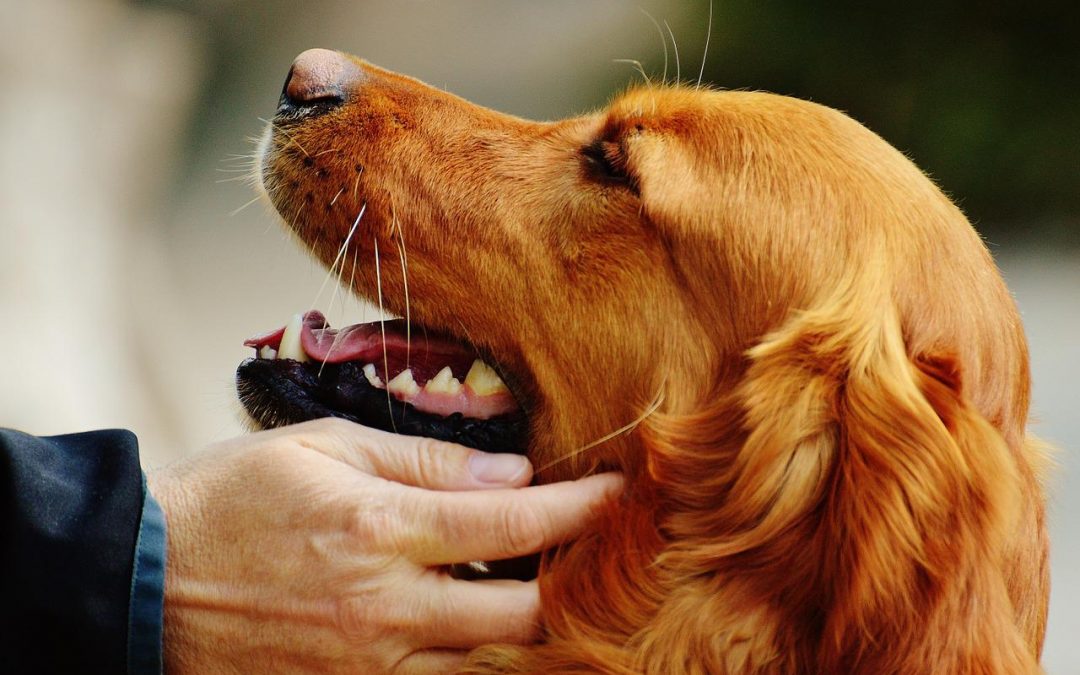For most of us, bringing home a new dog, whether it be the irresistible puppy, or the equally irresistible rescue dog, is an exciting and important occasion. Usually people either choose a dog to be the perfect fit for their family or lifestyle, or because they want to save a special life, or both. Regardless, we all have some expectations in mind of what our new family member will become in the future.
A lot of the time a dog carefully chosen will turn out to meet your expectations, but just as often it is possible that it may not. Although it may seem logical to expect more surprises from a dog freshly out of the shelter than from an eight-week old puppy, that is not always the case. Puppies are capable of changing very quickly as they reach adolescence and can turn from little angels to little terrors almost overnight. Buying a dog with no problems does not mean that problems can’t develop. Even dogs who have been tested and cleared of behavioural issues, have been known to arrive in their new home, only for their owners to discover that they have separation anxiety or are fearful of other dogs.
Is there a way to guarantee that your new dog will be absolutely perfect? Nope! But you can take precautions to prevent issues from developing. Getting advice from a dog trainer with regards to what to do when you bring your new dog home can help you give your best to your dog and set your mind at rest.
For those of you who have been unable to prevent or resolve issues, remember that it doesn’t mean you have failed. The fact that your dog does something that frustrates and worries you does not mean that it can’t ever change. Few dogs can honestly be labelled, ‘problem dogs’.
I’m reminded of a quote by Josh Billings:
“A dog is the only thing on earth that loves you more than he loves himself”
There is certainly a lot of truth in that. Your dog is not doing whatever he’s doing out of spite. He loves you, even though he knocked your coffee cup out of your hand, or toileted on your new rug. Love him back by showing him what he can do to please you, so that you can enjoy life together.
So, what can you do if your dog turns out to be very different from what you had hoped and expected? First of all, remember that you will never change the core of your dog’s personality – who he is as a dog. Sometimes the best option is to change whatever you can, and then be ready to accept your dog for who he is, appreciate him and set new goals for your relationship together. “We can teach dogs how to behave, but not who to be” – Nicole Wilde.
Unless you’re an experienced dog trainer yourself, hire one to help you out. Training can resolve most behaviour issues as long as they aren’t medically related, and often it isn’t even as hard as it would seem.

